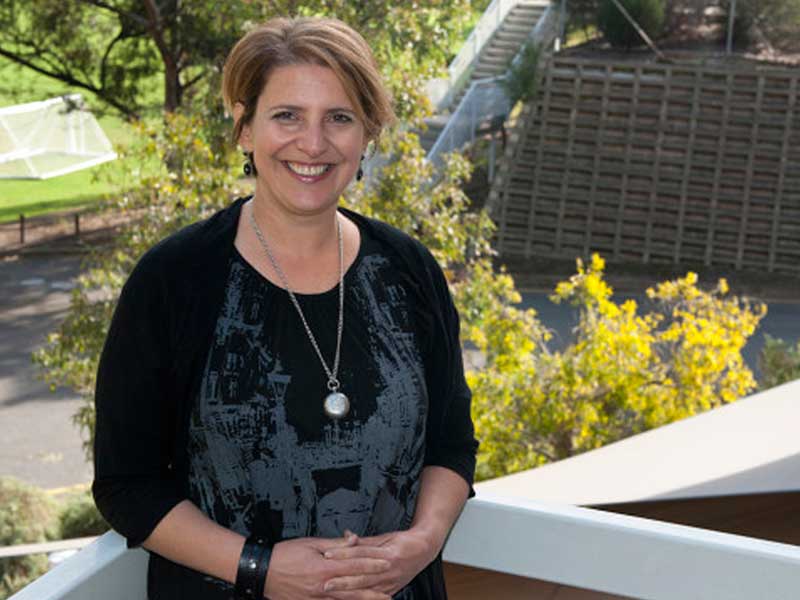Researcher Highlights
Eventful research to support youth health
Alison Hutton
Professor Alison Hutton’s work is influencing the way large-scale events operate worldwide, helping to create safer and more supportive environments for young people.

Professor Alison Hutton is passionate about youth health and safety. Backed by the likes of the World Health Organization (WHO), her work in Australia and worldwide is leading to innovative new ways of supporting young people at social events such as Schoolies, outdoor music festivals and sporting tournaments.
“Young people live in a world that is very different to when most of us grew up. Mental illness is a big issue now, so is recreational drug use, alcohol abuse, violence and unsafe sex.
“My work revolves around understanding what aspects of health are important to young people. We can then instigate supportive strategies for youth at events, such as dry zones, on-site first aid, free water and pastoral care to help young people party safely.”
It’s all about context
Outdoor events are a common coming-of-age activity for youth. Musical festivals and Schoolies are some of the biggest mass gatherings of people in Australia. And yet, these types of events can also present serious challenges and dangers.
“WHO now recognises the psychosocial implications of events. At a sporting event for example, these implications might include health behaviours such as drinking, unsafe sex and eating unhealthy foods, or depression if your team loses.
“Harm minimisation is also becoming more prevalent at outdoor music events and events like Schoolies and school formals.”
When it comes to formulating solutions, Alison asserts that context-based health strategies are more effective than telling teenagers to “just say no” to harmful behaviours. Practical forms of help and encouragement—such as dry zones at music festivals—give teenagers greater support while navigating high-risk situations.
“Young people are still developing their cognitive function. By nature, they can be impulsive and exploratory.
“Thankfully, communities are recognising that young people need support and that expecting them to comply to societal norms without support is tenacious at best.”
Reaching the masses
Alison’s work also taps into the unique potential of events to deliver critical health information to large groups.
Large-scale events can bring hundreds, even thousands of young people together in one space. This provides a valuable platform for engaging with young people and listening to their experiences—as well as delivering information and support in a way that they may be more likely to access.
“Social spaces provide safe opportunities for young people to connect with health professionals.
“The ideal is that lives will be changed because young people have the opportunity to ask questions, seek information and learn about their health in a safe, supported way. This can help to keep them out of the healthcare system and allow them to blossom into healthy young adults.”
At home and on the world stage
Alison’s work has been implemented with great success at events worldwide, including World Cup soccer matches and music festivals in Sweden, Canada and the Czech Republic.
“Thanks to our work, these large events now have health promotion tents, chill out spaces and free health promotion material.”
Alison is also busy creating safer spaces for youth here in Australia. Among her most recent projects includes a collaboration with the Kurri Kurri Youth Health Service to help mitigate youth drug use in the lower Hunter.
“The program aims to understand what young people need, and what they want to know, when it comes to drug use. Do they need safe conversations? Greater parental or teacher support? Or just a safe space to discuss drug use and ask questions?”
In both her research and teaching roles, Professor Hutton is committed to advocating for youth by listening to their challenges, providing tailored support and valuing their perspectives.
“Young people have their own voice and a lot to contribute to society—but they also need our support.”
The University of Newcastle acknowledges the traditional custodians of the lands within our footprint areas: Awabakal, Darkinjung, Biripai, Worimi, Wonnarua, and Eora Nations. We also pay respect to the wisdom of our Elders past and present.
